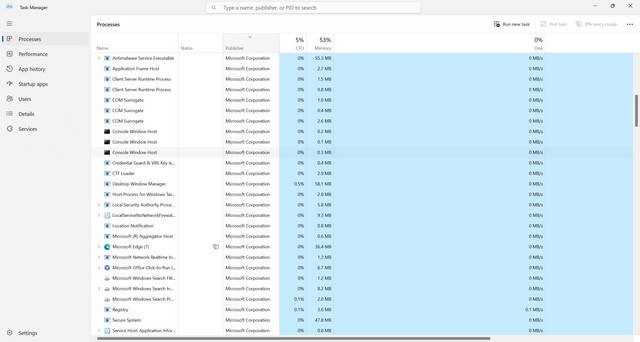With the increasing reliance on digital technology, cybersecurity has become a major concern for individuals and organizations alike. Malicious software, commonly known as malware, poses a significant threat to the security and privacy of our digital lives. One such file that has raised questions among users is digibitvpn-service.exe. In this article, we will explore what digibitvpn-service.exe is, whether you should remove it, and whether it is malware or not.

What is digibitvpn-service.exe?
digibitvpn-service.exe is a file associated with the Digibit VPN service. VPN, or Virtual Private Network, is a technology that allows users to create a secure connection to another network over the internet. It encrypts the user’s internet traffic and routes it through a server located in a different location, providing anonymity and security.
The digibitvpn-service.exe file is responsible for running the Digibit VPN service on your computer. It is a legitimate executable file that is required for the proper functioning of the VPN service. Without this file, the Digibit VPN service will not work.
Should I remove digibitvpn-service.exe?
Whether or not you should remove digibitvpn-service.exe depends on your usage of the Digibit VPN service. If you are actively using the VPN service and rely on it for secure internet browsing, it is recommended to keep the file on your system. Removing it will prevent the Digibit VPN service from functioning properly.
However, if you do not use the Digibit VPN service or have switched to an alternative VPN provider, you may consider removing digibitvpn-service.exe. Removing unnecessary files from your system can help improve performance and reduce the risk of potential security vulnerabilities.
If you decide to remove digibitvpn-service.exe, it is important to follow the proper uninstallation process. Simply deleting the file from your system may cause issues or leave behind remnants that could interfere with other applications. Refer to the Digibit VPN documentation or contact their support for guidance on how to uninstall the service correctly.
Is digibitvpn-service.exe malware?
No, digibitvpn-service.exe is not malware. It is a legitimate file associated with the Digibit VPN service. However, it is important to note that malware can sometimes disguise itself as legitimate files to avoid detection. Therefore, it is crucial to verify the authenticity of the file and ensure that it is obtained from a trusted source.
If you suspect that digibitvpn-service.exe or any other file on your system is malware, it is recommended to perform a thorough scan using reliable antivirus software. One such software is Malwarebytes Free, which is known for its effectiveness in detecting and removing malware. You can download Malwarebytes Free from their official website and run a scan to identify any potential threats.
Summary
digibitvpn-service.exe is a legitimate file associated with the Digibit VPN service. It is responsible for running the VPN service on your computer. Whether or not you should remove digibitvpn-service.exe depends on your usage of the Digibit VPN service. If you are actively using the service, it is recommended to keep the file. However, if you no longer use the service or have switched to an alternative VPN provider, you may consider removing it to improve system performance.
It is important to note that digibitvpn-service.exe is not malware. However, it is always advisable to verify the authenticity of any file and perform regular scans using reliable antivirus software such as Malwarebytes Free to ensure the security of your system.










